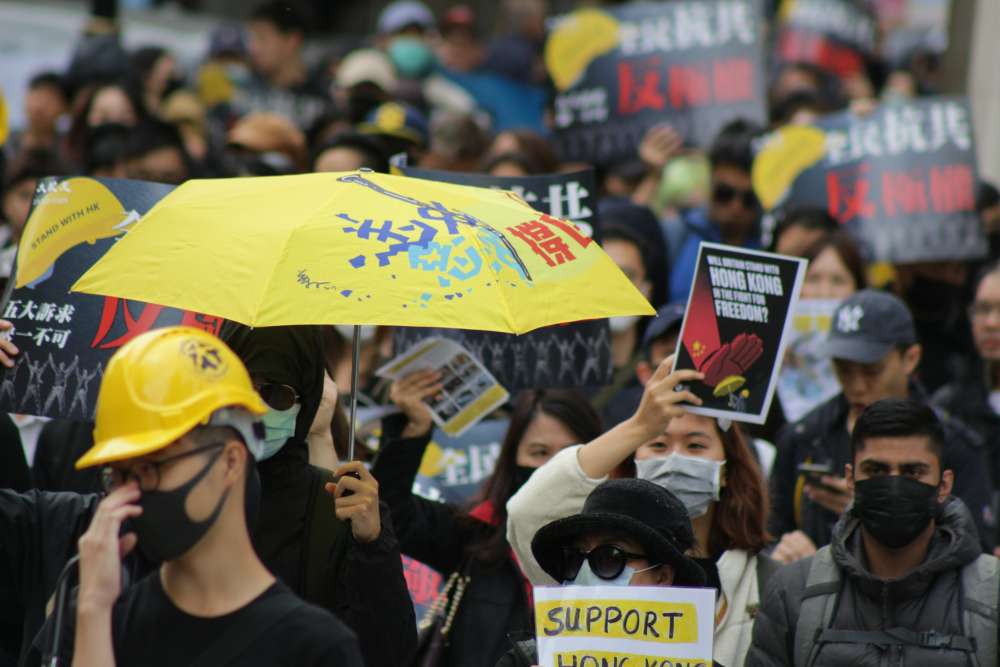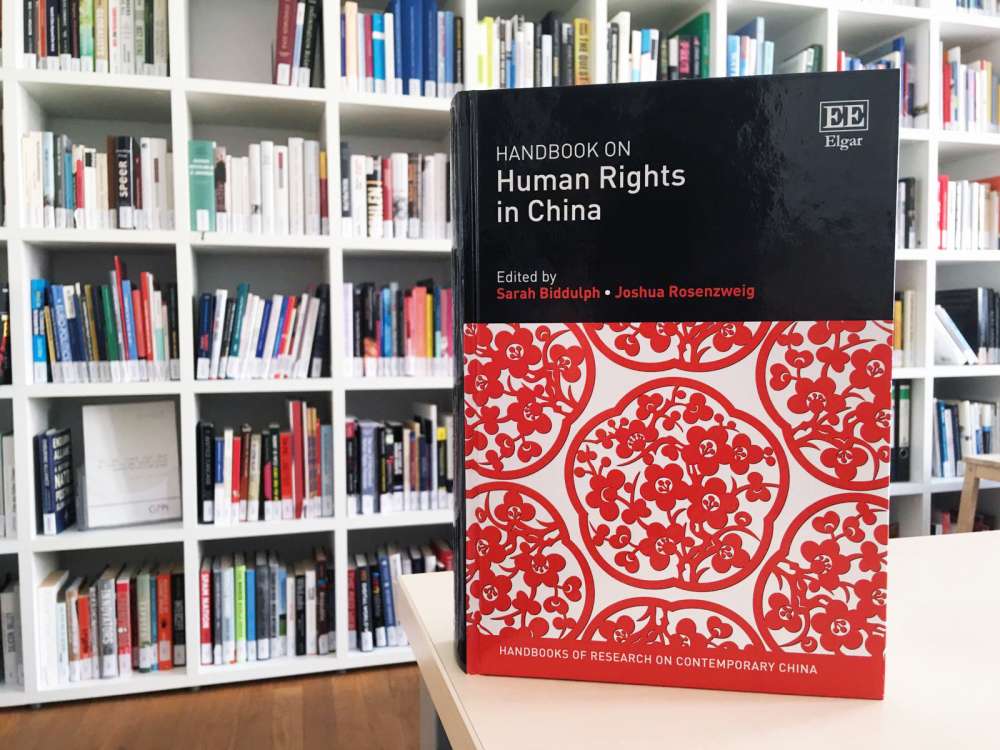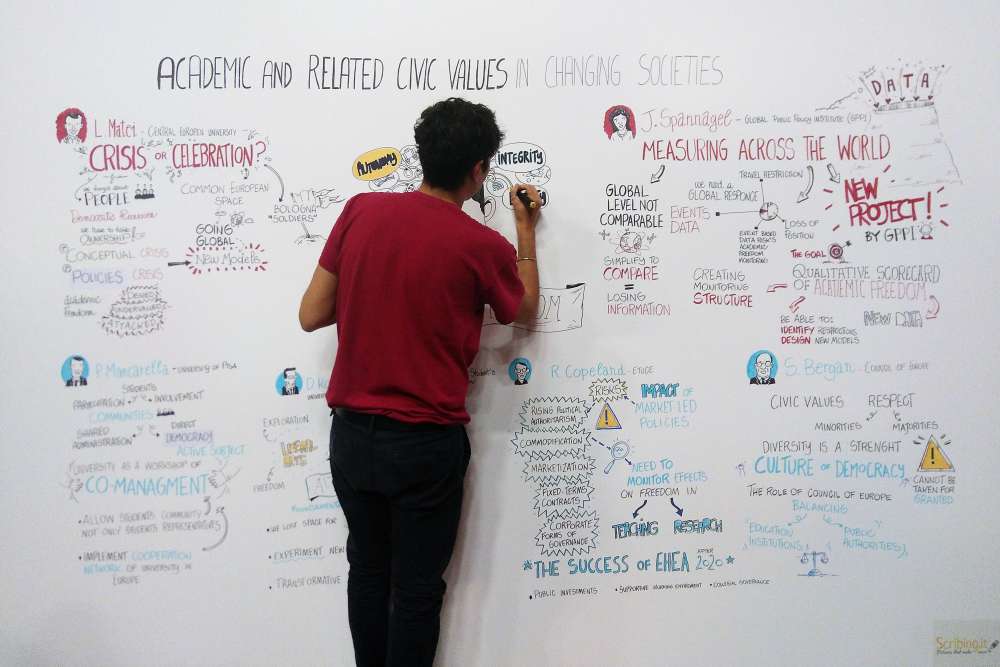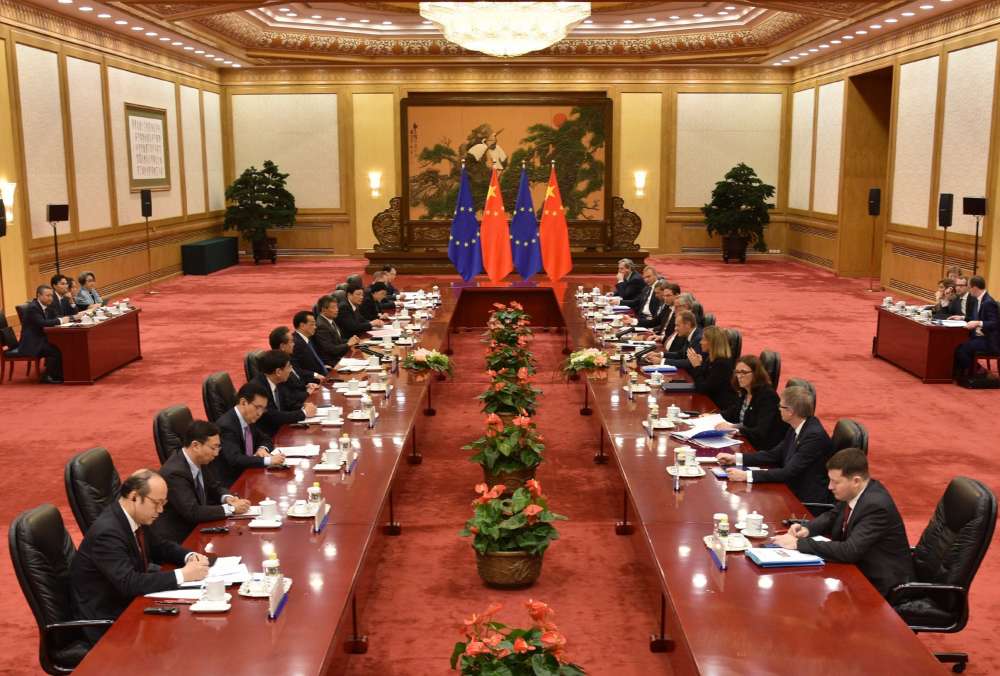How Should Universities Respond to China’s Growing Presence on Their Campuses?

Awareness of how the long arm of the Party-state affects academic life is slowly growing across Europe. In 2017, the University of Salamanca in Spain cancelled its “Taiwan Cultural Days” following pressure from Chinese authorities. Interviewees in a 2018 study by the Leiden Asia Centre “shared stories of Chinese students’ reluctance to speak and of monitoring by Chinese embassies, Associations of Chinese Scholars and Students, and by local cells of the Chinese Communist Party at universities in Europe.” A few months ago, the German government declared it “has knowledge about efforts by Chinese authorities to influence Chinese students and academics in Germany as well as German academics doing research on China.” Just last month, at the pressure of Chinese students, campus security at the University of York (U.K.) forced Hong Kong students to take down a display of a “Lennon Wall” symbolizing the protests. A recent report by the nonprofit Scholars at Risk Academic Freedom Monitoring Project has documented a number of similar cases across the continent.
Despite slowly increasing public awareness, Europe is behind Australia, New Zealand, and the U.S. in terms of finding the right responses to protect against the Party-state’s efforts to undermine academic freedom and freedom of speech.
European academic institutions as well as their funders, be they public or private, can take inspiration from the Code of Conduct published by Human Rights Watch. It contains a number of very practical steps, from actively tracking instances of direct or indirect Chinese government harassment, surveillance, or threats on campuses (and sharing those in a database) to emphasizing protecting students and scholars from China against pressure from Party-state organs.
One element is absolutely critical for these steps to have a chance of succeeding: cutting financial ties to Party-state and Party-state-affiliated donors. Financial dependence has a particularly harmful effect on resisting efforts to curtail academic freedom and freedom of speech. The case of Free University of Brussels (VUB) illustrates this. A Chinese professor who formerly directed the school’s Confucius Institute was banned from receiving a visa to enter the Schengen Area for eight years, possibly because of concerns about interference and espionage. Meanwhile, VUB chose not to commemorate the 30th anniversary of the Tiananmen massacre this June, although it has a monument to the massacre on campus. “You have to be pragmatic,” VUB’s Vice Rector Romain Meeusen said in justifying the decision. This illustrates the corrosive effect of taking Party-state money.
Unfortunately, many university administrators seem to prioritize profits over values and reputation. The London School of Economics recently considered accepting a multi-million gift from venture capitalist Eric Li, one of the Party-state’s poster-boy propagandists. As an LSE professor put it, that the school’s leadership “reached an advanced stage in negotiating a donation from an individual who prides himself on being an advocate of China’s authoritarian system shows that the school’s existing procedures for protecting our core values and reputation are inadequate.” In this, the LSE is far from alone.
This commentary was first published as part of a ChinaFile Conversation on November 04, 2019.







